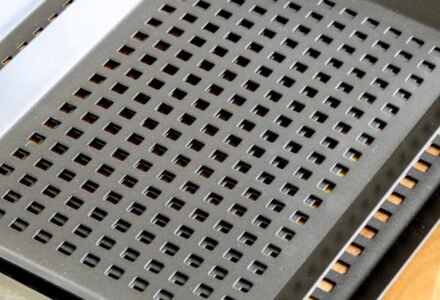Sleep apnea occurs when the upper airway muscles relax and squeeze off the airway, preventing you from obtaining adequate oxygen. Your breathing may stop for 10 seconds or more at a time, until your reflexes kick in and you start breathing again. Sleep apnea affects roughly 3% of those of normal weight but more than 20% of those who are obese. Sleep apnea primarily affects men. According to a research, 104 million Indians suffer from obstructive sleep apnea (OSA), with 47 million having moderate to severe OSA.
Understanding The Symptoms
Sleep apnea may be more noticeable to the bed companion than the sleeper. Your bed partner may complain of your loud snoring or they might notice that your breathing pauses.
- However, while snoring is bothersome, it is not the same as sleep apnea. Snoring is just the vibration sound caused by airway resistance. You can snore loudly and not have sleep apnea, and you can also have sleep apnea without snoring. People with sleep apnea may experience unexpected weariness and mood fluctuations because their breathing disruptions wake them up and prevent them from falling into a deep, nutritious slumber.
- The consequences can be serious. We’re talking about car accidents in the daytime, lost productivity at work, mood swings, waking up feeling groggy and falling asleep in class. Other patients may wake up with a dry mouth because sleep apnea causes you to breathe with your mouth open, drying away your saliva. Some people wake up with headaches, which might be caused by low oxygen or excessive carbon dioxide levels while sleeping.
Impact On Health
Several studies have found a link between sleep apnea and conditions such as type 2 diabetes, strokes, heart attacks, and even a shorter life span.
- Why is there this connection? Obesity is widespread in sleep apnea sufferers, and it significantly raises the risk of diabetes, stroke, and heart attack. In most situations, obesity is the primary cause of both illnesses.
- However, not everyone with sleep apnea is fat. Furthermore, data shows that sleep apnea is related with an increased risk of diabetes, regardless of weight, and that sleep apnea can raise blood sugar levels. Obese or overweight persons must lose weight in order to treat or avoid sleep apnea.
- People with excess fat in their neck, tongue, and upper abdomen are more likely to develop sleep apnea. This weight decreases the width of the neck and presses on the lungs, causing to airway collapse when sleeping.






